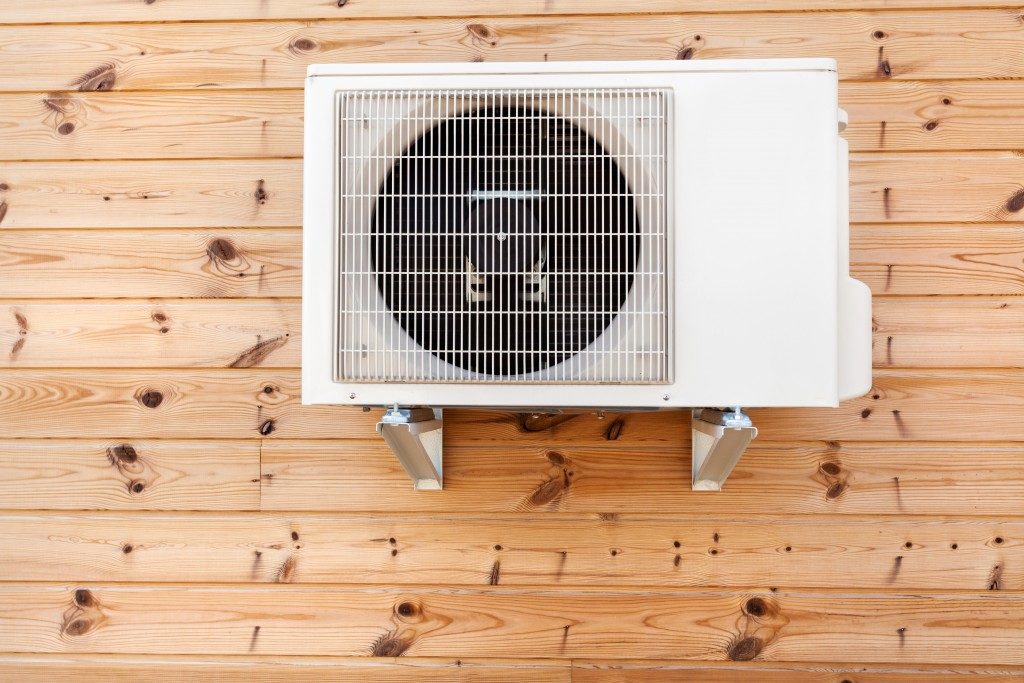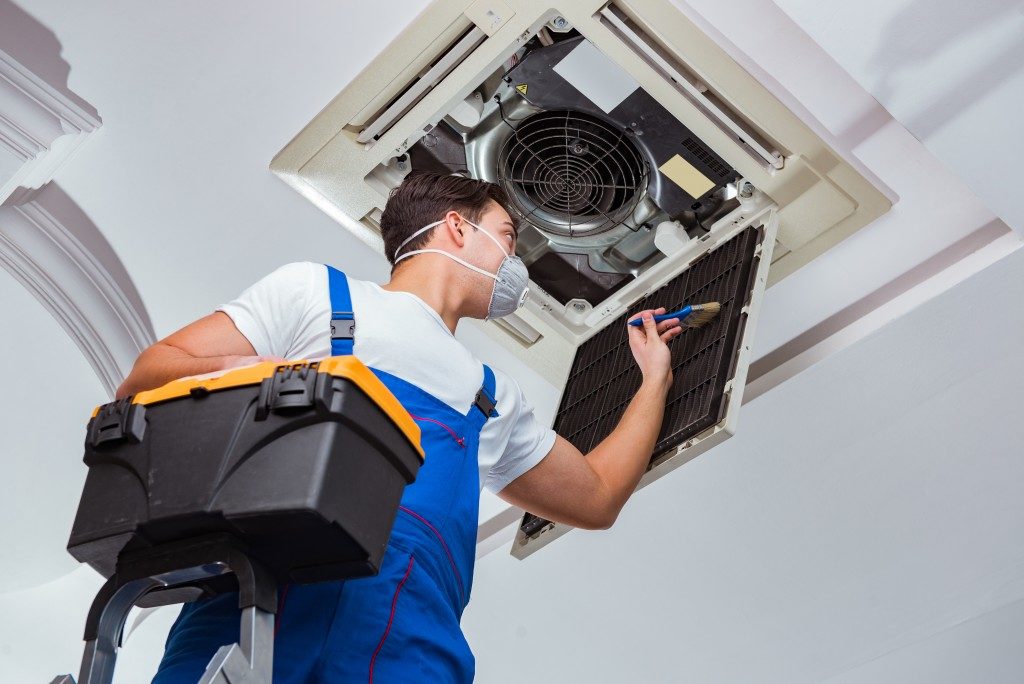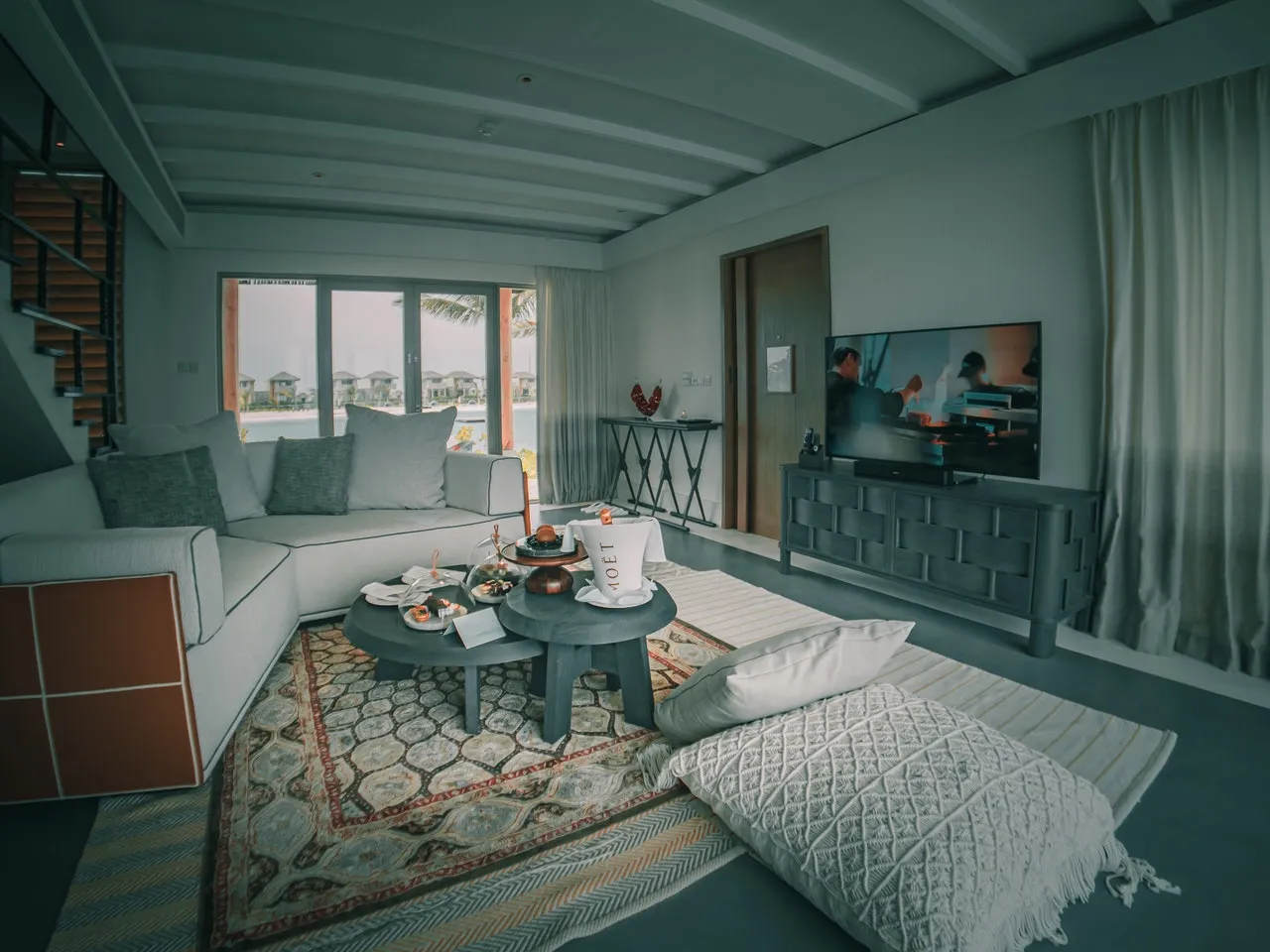Any expert in heating and air conditioning installation in Knoxville, Milwaukee, Philadelphia, or any other major city could not overemphasize the value of air filters. A filter is a forced-air HVAC system’s gatekeeping, keeping pollutants — such as dirt, dust mite debris, mold, and pet dander — from getting in.
The Department of Energy considers regular filter maintenance as a vital aspect of HVAC upkeep. In most cases, the health of an air filter dictates the condition of a central heating and cooling system.
To improve your knowledge of air filters, and to care for your HVAC equipment accordingly, let us expose the most common misconceptions about them below:
All Air Filters Are Created Equal
No, furnace and AC filters are not the same. Some are bigger, thicker, and more efficient than others. There is no one-filter-fits-all solution. A good filter should fit the cabinet and is effective enough to catch most airborne particles. Ask a qualified HVAC professional to determine the best kind of filter for your unique needs.
Filters Are Unnecessary If You Have an Air Purifier
Contrary to popular belief, the purpose of an HVAC filter is not to clean the air inside a house. Its mission is to protect the blower fan from the gunk the air vent pulls in.
Having an air purifier is never an excuse to run your furnace or air conditioner without a filter. As far as improving indoor air quality is concerned, an air purifier alone may not suffice, for research shows that it can only modestly lessen allergy symptoms.
If you must use an air purifier, keep your HVAC filter clean, install exhaust fans in the kitchen and bathroom, and eliminate pollutants like smoking to improve indoor air quality.
You Need to Wait for at Least a Month to Change Your Air Filter
Normally, a furnace or air conditioner filter must be changed or washed every one to three months. This is because thicker filters can last longer. Many homeowners are not exactly excited to do this chore, which is why it is avoided as much as possible.
There are instances, however, that an air filter must be given attention sooner than its scheduled checkup. If you have more indoor pollutants than usual and you run your HVAC equipment for extended periods, you may need to spend more time on filter maintenance.
How do you know that your heating or cooling unit needs a fresh filter? When your current one is colored gray, it means that its surface is covered with dirt. Finding more dust at home and noticing that your HVAC equipment operates longer than usual are also red flags to watch out for.
Filters With the Highest Ratings Are Always Worth Buying

On paper, filters with a Minimum Efficiency Reporting Value (MERV) of 16 (the highest rating any filter can get) are the best since they keep more particles from getting into the HVAC system. The problem with highly efficient filters, however, is that they may restrict the airflow, causing more harm to your heating or cooling unit than good.
It is best to listen to the recommended filter by the manufacturer of your HVAC unit to use the right kind. Generally, though, the sweet spot is a MERV rating between eight and 11.
Filter maintenance is one of the few tasks involving HVAC equipment a do-it-yourselfer is allowed to do. Take it seriously because the performance and longevity of your heating or cooling unit actually depend on it.


